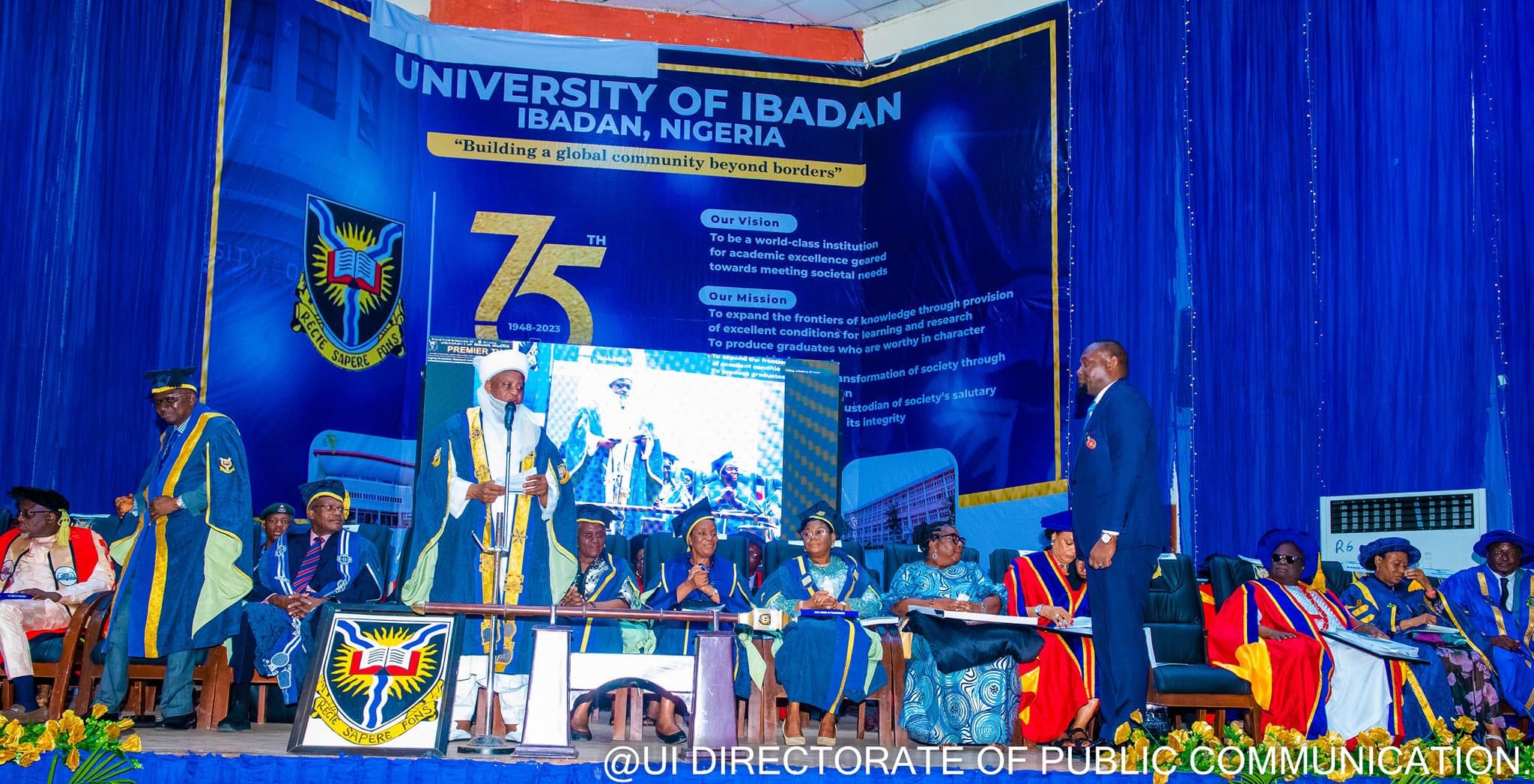AGRA, until recently known as The Alliance for a Green Revolution in Africa — will hold its annual Summit in Dar es Salaam, Tanzania from 5-8 September. Branded as ‘the Africa Food Systems Summit’, the event brings together agribusiness leaders, experts, policymakers, and representatives from various sectors of the food industry. The forum claims to be “a unique platform for CEOs to build meaningful connections and partnerships within the food and agriculture sector.”
At a virtual press conference on 30 August, the Alliance for Food Sovereignty in Africa (AFSA) and its collaborators, representing hundreds of small-scale food producer groups across Africa, rejected the validity of the AGRA Forum. They highlighted the silenced narratives of those at the heart of Africa’s agriculture: its farmers.
“Where are the farmers? They are clearly excluded in the coming 2023 AGRF meeting in Tanzania, a country with more than 70 per cent of its population engaged in agriculture,” said farmer leader Juma Shabani.
Gabriel Manyangadze of the multi-faith environmental network Southern African Faith Communities’ Environment Institute (SAFCEI) expressed the faith community’s concerns: “The green revolution approach of AGRA through the Gates Foundation does not alleviate hunger and poverty in Africa. It supports the dominance of corporations over African food production and farmers.”
“We are called to be custodians for all creation,” he continued. “Yet, AGRA’s approach grows corporate profits at the expense of all living beings. The Gates Foundation must prioritise solutions like agroecology that protect biodiversity and the needs of African farmers.”
“AGRA is a total failure for many reasons,” added Mali’s Mamadou Goïta of the Institute for Research and Promotion of Alternatives in Development. “Farmer groups have never accepted these technological fixes. People have been working on their own food systems, to push back on what AGRA was planting.”
African small-scale food producers challenge AGRA’s legitimacy as an African-led organisation and its interventions in African food systems on the following grounds:
Origin and Accountability: AGRA, registered in the USA and principally funded from outside Africa, remains unaccountable to African constituencies or governments. AGRA has responded to critics with cosmetic changes, removing the words “green revolution” from its name rather than rethinking the wisdom of its failing policies.
Corporate Dominance: AGRA’s agenda of “market-led technology adoption” leans heavily towards the industrialisation of African food systems. With over $500 million in grants, AGRA incentivises the adoption of Green Revolution technologies predominantly produced by global corporations.
Unfulfilled Promises: Despite its ambitious claims, AGRA failed in its commitment to significantly increase agricultural yields, incomes, and food security for small-scale producers. Independent assessments and even a 2022 donor-commissioned evaluation demonstrate that AGRA’s initiatives led to increasing undernourishment, environmental consequences, and declining crop diversity.
Inappropriate Influence over Policy: AGRA’s direct intervention and influence over African government policies, particularly in seeds and biosafety, have tilted the scales in favour of commercial seed providers and Green Revolution technologies. This level of interference has squeezed out alternative voices and approaches like agroecology.
“A huge chunk of our hard-earned GDP in Kenya goes to subsidising synthetic fertiliser, destroying soil fertility and our environment”, said Anne Maina of Kenya’s Biodiversity and Biosafety Association (BIBA Kenya).
In response to the AGRF Summit’s message on centring women, Anne Maina said, “Women in Kenya have always cared for our food cultures and the health of communities. But AGRA’s work does not honour their role as leaders. It does not respect their agency. It puts the real power into the hands of corporations.”
AFSA asserts that investment in Africa’s agriculture must be democratic, grassroots-oriented, and led by the true stakeholders of agriculture – the farmers. Concentrated power and profit in the hands of a few corporations is not the way forward for a sustainable and inclusive African agricultural future.






